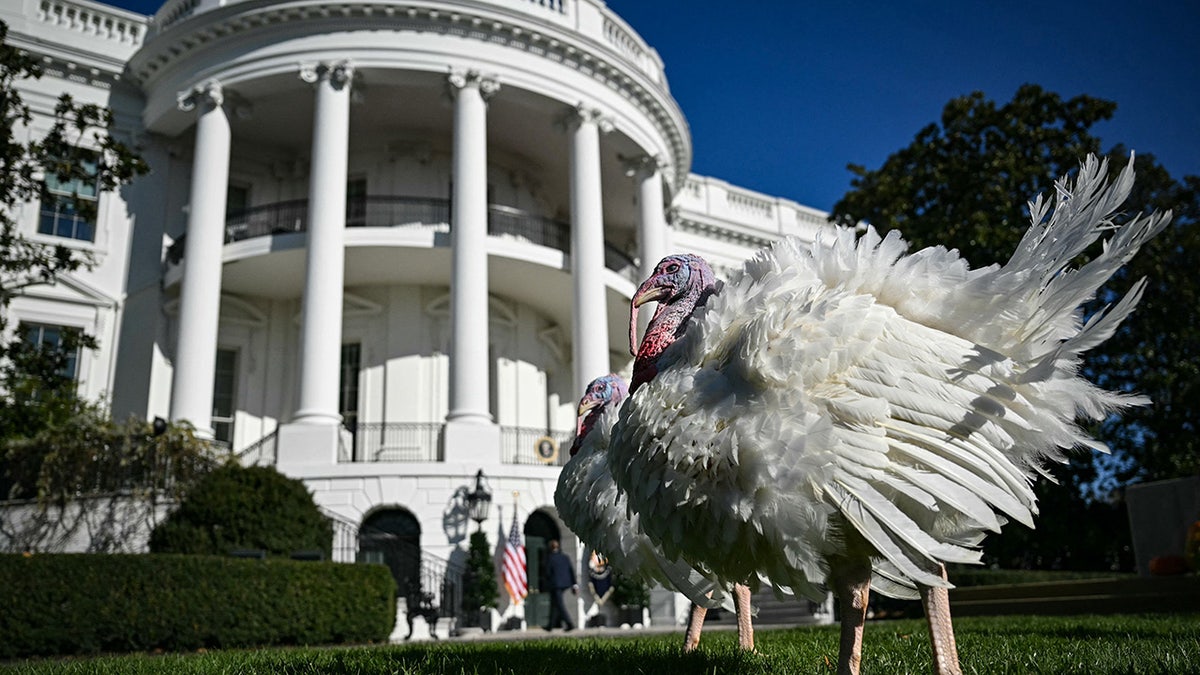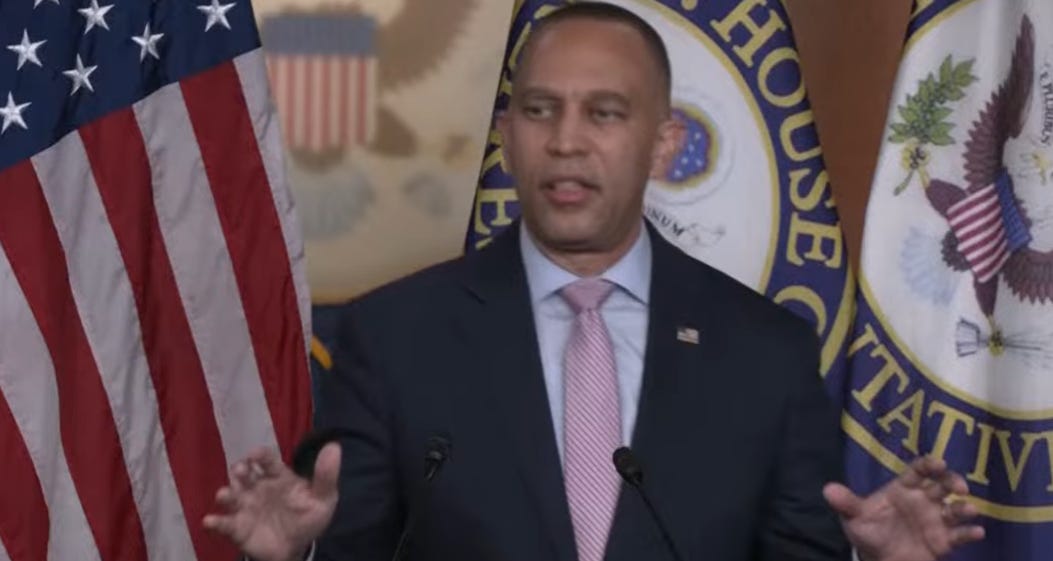A storm is brewing within the nation’s largest teachers union. The National Education Association is preparing to host training sessions designed to guide members through navigating gender transitions in the workplace, a move sparking intense debate and raising fundamental questions about the role of educators.
The upcoming “Advancing LGBTQ+ Justice” training, scheduled for December 2025, isn’t simply about awareness. It delves into practical guidance – “tips” for “coming out” and “transitioning” at work – drawn from resources like Cornell University’s “Transgender Guide To Transitioning & Gender Affirmation.” The goal is to equip educators with the tools to foster inclusive environments, but critics see a deeper agenda at play.
Documents obtained reveal a curriculum focused on dismantling perceived systems of privilege and confronting bias within the LGBTQ+ community. A central element is the “Gender Unicorn,” a tool used to explore the complexities of gender identity beyond traditional binaries, presented alongside a coloring book designed to help individuals map their own place on the gender spectrum.
The training doesn’t shy away from contentious issues. It directly addresses the debate surrounding transgender athletes in girls’ sports, acknowledging the challenges in countering arguments about fairness. The proposed solution? A “race-forward, deep, story-based” public education campaign designed to shift public perception.
But the most jarring revelation lies in the union’s internal framing of the opposition. Conservative voices are explicitly labeled as “villains,” accused of exploiting ignorance and using “racist dog whistles” to consolidate power. This rhetoric, embedded within the training materials, paints a starkly polarized landscape.
The NEA’s approach extends to defending critical race theory, portraying its critics as motivated by racism and transphobia. The documents argue that ignoring these attacks in favor of solely focusing on economic issues is a dangerous strategy, as all progressive appeals will be “filtered through the noise” of right-wing fear-mongering.
Advocates for education transparency express deep concern. They argue the NEA is prioritizing a politically charged agenda over its core mission: to educate. The focus on “Race Class Gender” narratives, they contend, risks indoctrinating students with a worldview that casts the system as inherently rigged against them.
The implications are far-reaching. Critics question whether the NEA is fulfilling its stated purpose, enshrined in its federal charter, to “elevate the character and advance the interests of the profession of teaching.” The training materials, they argue, represent a radical departure from that mission, potentially warranting a reevaluation of the union’s privileged status.
This isn’t simply a debate about policy; it’s a clash of ideologies playing out within the heart of the American education system. The NEA’s upcoming training sessions promise to be a pivotal moment, revealing the extent to which activist agendas are shaping the future of learning.





